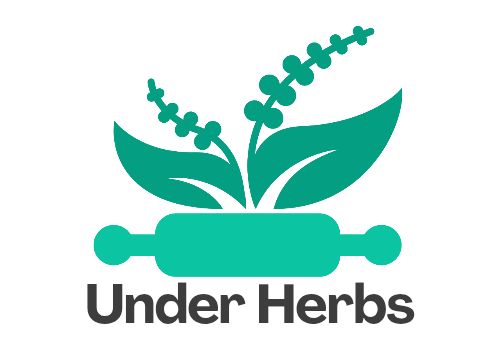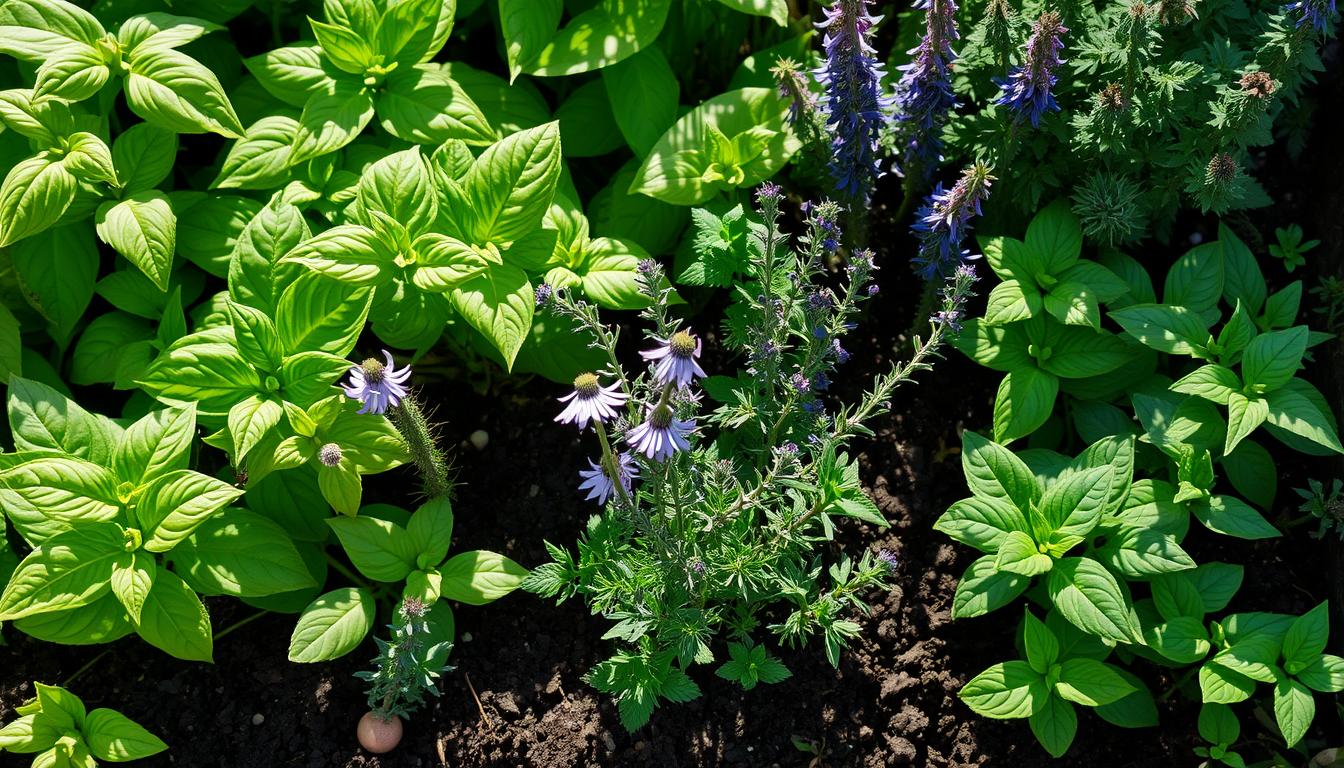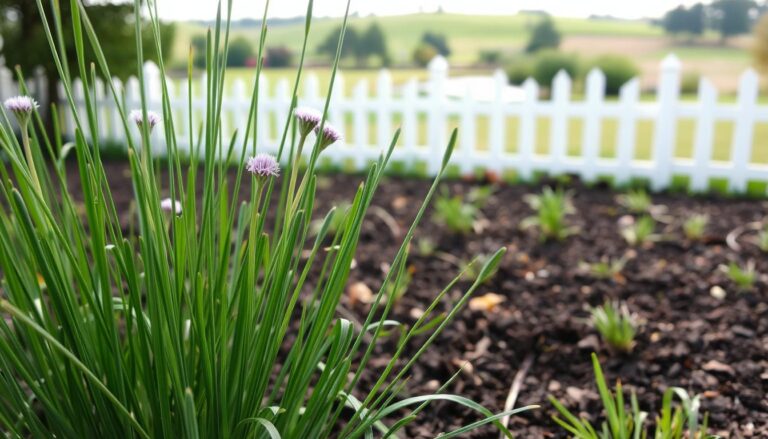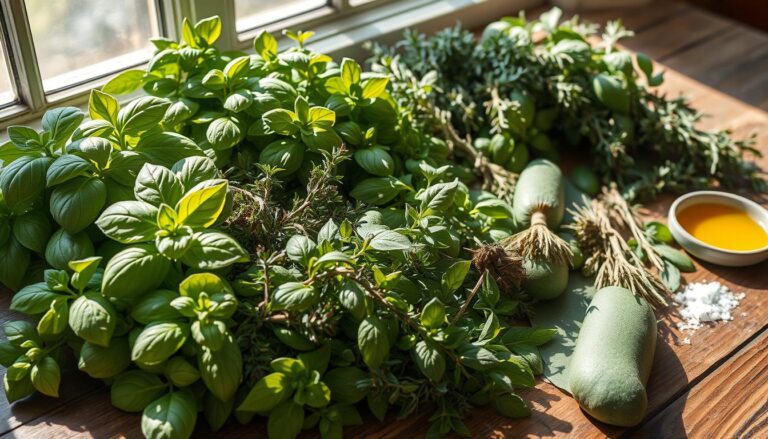Natural Herbs: Your Guide to a More Balanced Lifestyle
Thinking about adding natural herbs to your daily life? You might be curious about their benefits and how they can help you live better. Natural herbs, herbal remedies, and organic herbs can all play a role in a balanced lifestyle1.
Finding the right herbs for your needs can be tough. Some herbal supplements might not be as effective because of added fillers1. It’s important to use them safely.
Discover the rich history and modern uses of natural herbs. They offer many ways to improve your health and wellness. The handbook covers over 300 herbal products and supplements2.
Learning about the good and bad of natural herbs helps you use them wisely. You can add them to your daily routine in various forms like capsules, tinctures, and powders3.
Key Takeaways
- Natural herbs can be used to promote a more balanced lifestyle and overall well-being.
- Herbal remedies and organic herbs can be used to achieve specific health benefits.
- It is essential to understand the benefits and risks associated with natural herbs.
- Natural herbs can be used in various forms, including capsules, tinctures, and powders.
- Herbal supplements can provide convenient ways to boost herbal intake.
- Different herbs have different effects, such as turmeric containing curcumin, a powerful anti-inflammatory and antioxidant compound3.
Understanding the World of Natural Herbs
Natural herbs have been used for centuries to promote health and wellness. Many cultures have relied on medicinal plants for their healing properties. The use of herbal supplements and herbal medicine is growing, as people seek alternative healthcare options4.
It’s important to know what makes a natural herb and the history of herbal medicine4.
Traditional herbal remedies are based on deep beliefs and cultural values4. It’s key to check if these remedies are safe and work well in today’s medicine4. Always talk to trusted sources before using herbal supplements to make smart health choices5.
Some herbs, like comfrey and ephedra, can be very harmful5. As you explore natural herbs, be careful and respect their strong powers4.
The Science Behind Herbal Benefits
Herbal remedies have been around for centuries and are still popular today. They work because of special compounds in plants, like polyphenols. These compounds help fight off diseases and keep us healthy6.
For instance, polyphenols can help with heart disease and cancer6. This shows how plants can help our bodies.
Natural healing herbs do many things, like reducing inflammation and boosting our immune system. Popular herbs include Echinacea, St. John’s wort, and Ginkgo6. But, it’s important to remember that the FDA doesn’t check herbal supplements as closely as other medicines7.
So, always talk to a doctor before using herbal remedies. This ensures you’re using them safely and effectively7.
Here are some key points to consider when using herbal supplements:
- Research the supplement company and its claims
- Look for third-party testing and certification
- Disclose all supplements and medications to your healthcare provider
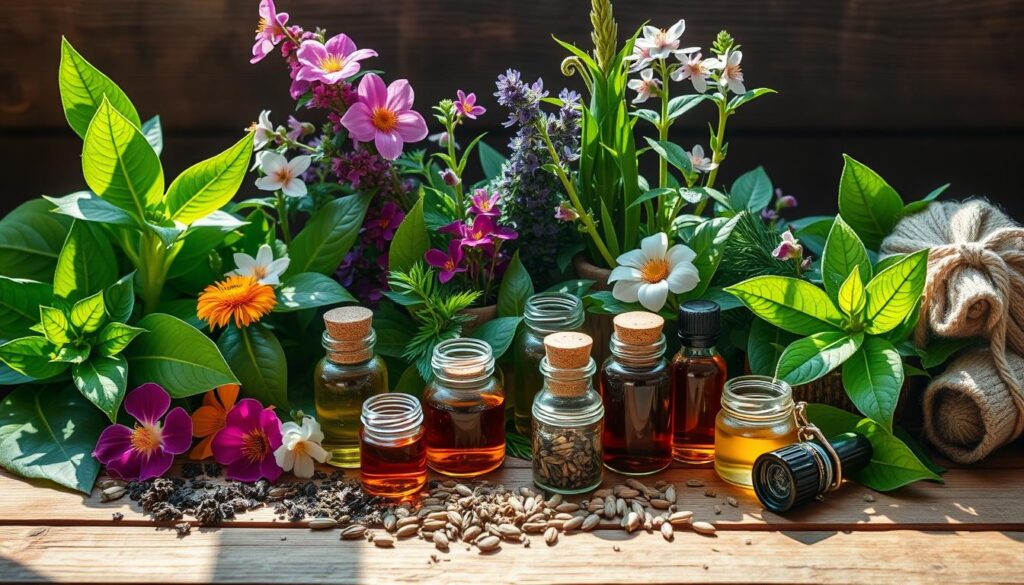
By learning about herbal benefits and using them wisely, you can improve your health and wellbeing67.
| Herbal Supplement | Common Use |
|---|---|
| Echinacea | Boosting the immune system |
| St. John’s wort | Treating mild depression |
| Ginkgo | Improving memory and cognitive function |
Most Powerful Natural Herbs for Daily Wellness
Natural herbs have been used for centuries to promote health and wellness. Adding these herbs to your daily routine can greatly improve your life. Herbs like ashwagandha and chamomile help reduce stress and anxiety8. Turmeric and ginger have anti-inflammatory properties that can ease symptoms of many health issues9.
Adaptogenic herbs, such as rhodiola and maca, help the body handle stress8. Ginseng and guarana boost energy and vitality. Herbs like lavender and valerian root help you sleep better10. You can use these herbs in teas, supplements, or topical applications.
A list of some of the most powerful natural herbs for daily wellness includes:
- Ashwagandha: reduces stress and anxiety levels8
- Turmeric: has anti-inflammatory properties9
- Ginger: aids in digestion and reduces nausea8
- Lavender: promotes relaxation and improves sleep quality10
- Chamomile: soothes and calms the mind and body8
Natural herbs, herbal remedies, and medicinal plants can greatly benefit your daily routine. By adding these herbs to your life, you can enjoy their many benefits9810.
| Herb | Benefits | Uses |
|---|---|---|
| Ashwagandha | Reduces stress and anxiety | Supplements, teas |
| Turmeric | Anti-inflammatory properties | Cooking, supplements |
| Ginger | Aids in digestion, reduces nausea | Teas, cooking, supplements |
How to Source and Select Quality Herbs
Choosing the right herbs is key. Chef Divya Alter suggests using organic herbs. They are less processed and safe. You can find them at farmers’ markets or online.
For herbal supplements, look for USDA Organic certification11. This means they meet quality and purity standards. But, remember, the FDA doesn’t check these products before they hit the market12.
Here are some tips for picking quality herbs:
- Choose herbs that are fresh and have a strong smell
- Opt for organic herbs whenever possible
- Check the label for certifications, such as USDA Organic
- Be aware of the potential for contamination with heavy metals or other substances12
By following these tips, you can make smart choices. This ensures you get the best quality herbs11.
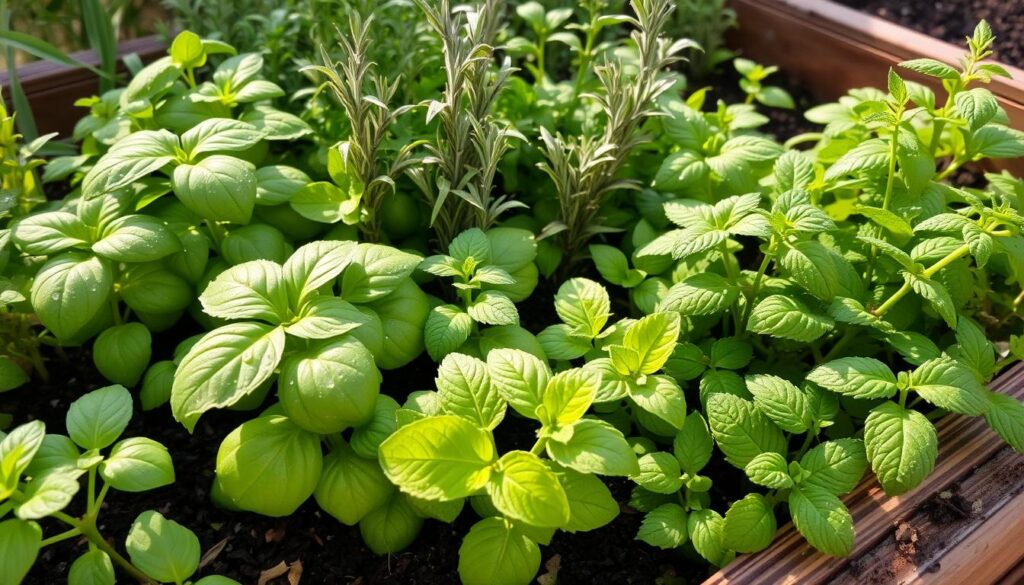
| Herb | Shelf Life |
|---|---|
| Whole spices | 4-5 years |
| Ground spices | 2-3 years |
| Dried herbs | 1-3 years |
Always store your herbs right to keep them fresh and potent11.
Essential Guidelines for Preparing Herbal Remedies
When making herbal remedies, it’s key to know the different ways to do it. This includes making teas, infusions, tinctures, and topical applications13. Herbal medicine has been around for centuries. It’s used in many traditional systems, like traditional Chinese medicine and ayurveda14.
To make herbal remedies, start by buying whole spices and grinding them fresh. Chef Divya Alter suggests this to get the most medicinal benefits. Here are some important guidelines to keep in mind:
- Use high-quality herbs and store them properly to keep their strength13.
- Know about possible interactions with medicines. Talk to a healthcare provider before using herbal remedies. This is important for children, older adults, pregnant or breastfeeding women, and those about to have surgery13.
- Look for labels like “USP Verified” or “ConsumerLab.com Approved Quality”. These show the product has been tested and meets quality standards13.
By following these tips and being aware of the risks and benefits, you can safely make and use herbal remedies. This includes teas and infusions to help your health and wellness14.
| Herbal Remedy | Preparation Method | Usage |
|---|---|---|
| Herbal Tea | Steeping dried herbs in hot water | Drinking as a beverage |
| Herbal Tincture | Soaking herbs in a solvent, such as alcohol or glycerin | Taking sublingually or adding to water |
| Topical Application | Infusing herbs in a carrier oil or cream | Applying directly to the skin |
Always put your safety first and talk to a healthcare provider before trying new herbal remedies. This is crucial if you have health issues or are on medications13.
Incorporating Natural Herbs into Your Daily Routine
To start using natural herbs daily, start small. Try garnishing your food with fresh organic herbs15. You can also use herbal supplements in teas, smoothies, or capsules15. Tonic herbs like holy basil, reishi, and chaga are safe for long-term use and nourish your body15.
Here are some ways to add natural herbs to your day:
- Use herbal supplements as teas or capsules15
- Add fresh organic herbs to your meals15
- Make an herbal soak with natural herbs like lavender and chamomile16
Always talk to a healthcare professional before trying new herbal supplements or remedies15. With time and effort, you’ll see the benefits of using natural herbs every day15.
For more tips on using natural herbs, check out “The New Holistic Herbal” by David Hoffman or “The Book of Herbal Wisdom” by Matthew Wood15.
| Herb | Benefits |
|---|---|
| Holy Basil | Stress relief and anxiety reduction |
| Reishi | Immune system support and overall wellness |
| Chaga | Antioxidant properties and immune system support |
Safety Considerations and Precautions
Using herbal remedies requires careful thought about how they might affect your health. About 25% of modern medicines come from plants used in traditional medicine17. But, the safety and effectiveness of these remedies can vary. Some might not work well with your medicines or could cause side effects18.
Before starting any herbal remedy, it’s important to talk to a healthcare provider. This is true if you’re on prescription drugs or have ongoing health issues. Your age, education level, and use of over-the-counter drugs can also play a role19. Pregnant or breastfeeding women, people with serious health problems, and the elderly should be extra careful18.
To use herbal remedies safely, follow these steps:
- Consult with a healthcare provider before starting any herbal remedy
- Disclose all medications and health conditions to your healthcare provider
- Choose high-quality herbal supplements from reputable manufacturers
- Follow recommended dosages and usage instructions
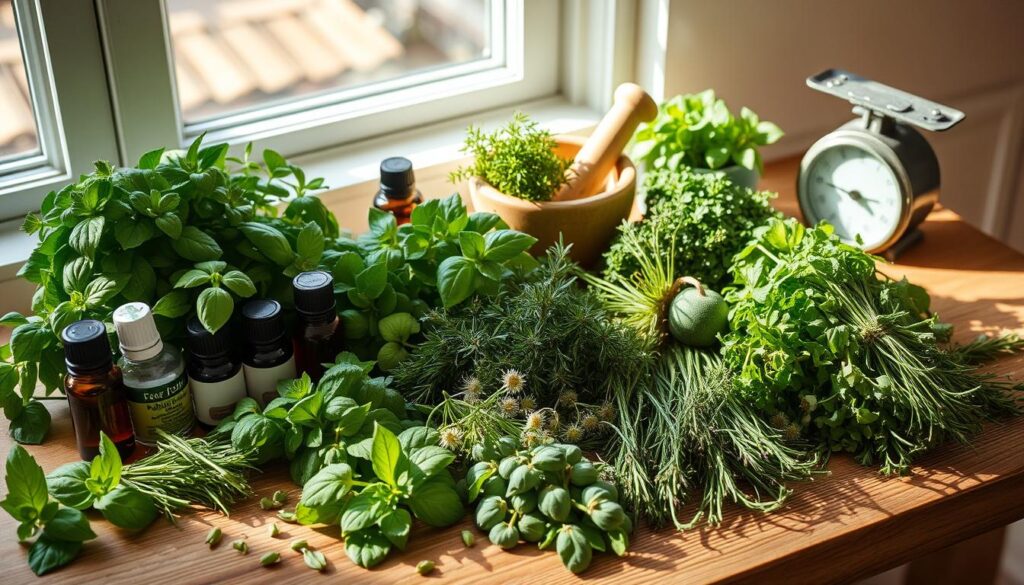
By understanding potential interactions and taking precautions, you can safely use herbal remedies. This way, you can enjoy the benefits of herbal medicine171918.
Growing Your Own Herbal Garden
Starting your own herbal garden is rewarding. It gives you fresh, organic herbs and the joy of gardening20. Each plant has its own needs, like soil, sunlight, and water21.
You’ll need basic tools and supplies to start. This includes a garden bed, potting mix, and a way to water21. Look for medicinal herb seeds from trusted sellers like Siskiyou Seeds and Strictly Medicinal Seeds20.
Beginners should try growing chamomile, calendula, and lemon balm. They’re easy to care for22. Make sure your soil is good and use organic potting mix for the best results22. With the right tools and knowledge, your garden will thrive, giving you natural herbs and plants20.
Growing your own herbs offers more than just fresh ingredients. It also brings peace and well-being through gardening22. So, why not start today and grow your own medicinal plants?
Seasonal Guide to Natural Herbs
Exploring natural herbs means knowing their growing seasons and benefits. Each herb has its own time of year for use23. Here’s a seasonal guide to help you use herbs to their fullest.
In spring, peppermint and lemon balm boost energy and vitality23. Summer brings cooling herbs like mint and chamomile for relaxation23. Fall is for immune support with echinacea and ginger23. Winter’s elderberry and slippery elm soothe and protect23.
For a thriving herbal garden, know each plant’s needs23. Most herbs need six hours of sun daily23. They prefer neutral soil with a pH of 6.5 to 7.523. This knowledge helps you grow a garden full of natural herbs.
To enjoy herbs all year, harvest and preserve them23. Dry, freeze, or make teas and infusions for your favorite herbs. With planning and care, you’ll always have organic herbs for health and wellbeing.
Common Mistakes to Avoid When Using Herbal Remedies
When using herbal remedies, it’s key to know common mistakes. These can change how well they work and how safe they are. Keeping herbs and spices in airtight jars, in a dark, dry spot, is a good idea24. This keeps them fresh and effective.
It’s also important to know when they expire. Even if herbs are past their expiration date, check for spoilage. Mixing herbs wrong or using them without research can cause problems25. Always talk to a doctor before starting any herbal supplements or herbal medicine, if you have health issues or take meds.
Here are some mistakes to avoid with herbal remedies:
- Not researching the herb’s potential interactions with medications
- Not following proper dosage instructions
- Not storing herbs in a cool, dry place
Knowing these mistakes helps you use herbal remedies better and safer. You can then enjoy the good things about herbal medicine26.
Conclusion: Embracing the Natural Path to Wellness
Throughout this journey, we’ve seen how natural herbs can transform our lives. They offer a way to live more balanced and vibrant27. Herbal medicine has been around for centuries, showing its lasting value and effectiveness27. It includes aromatherapy27, homeopathy27, Ayurveda, and Traditional Chinese Medicine. These practices show how natural herbs can improve our health and well-being.
Adding herbal benefits to your daily life can help you heal and care for yourself. Natural healing herbs can be great helpers, supporting your body’s natural balance and strength. You can enjoy herbal teas, use topical remedies, or try adaptogenic herbs. The journey to wellness is about embracing the natural world around us.
As you keep exploring natural herbs, always be careful and talk to health experts. Respect the wisdom that these plants offer. With an open mind and a desire to learn, you can find a more vibrant and joyful life. Start this natural path to wellness and let herbs guide you to a more fulfilling life.
FAQ
What are natural herbs and how do they differ from other plants?
Natural herbs are plants used for health, food, or therapy. They have special compounds like polyphenols and essential oils. These can help improve health when used right.
What are the historical and cultural significance of herbs in traditional medicine?
Herbs have been key in healing for thousands of years. Cultures like China, India, and the Middle East knew their medicinal value. They learned how to use them well.
How do scientific studies support the health benefits of natural herbs?
Science backs up the use of many herbs. Studies show they can help with stress, energy, immune function, and sleep. Herbs like polyphenols have antioxidant and anti-inflammatory effects.
Which natural herbs are most potent for promoting everyday wellness?
Top herbs for health include adaptogens like ashwagandha and rhodiola. They help with stress. Ginseng and maca boost energy. Chamomile and lavender help with sleep.
How can I ensure I’m sourcing high-quality natural herbs?
Look for organic, fresh herbs from trusted suppliers. Dried herbs or supplements from good sources are also safe and effective.
What are the best methods for preparing herbal remedies at home?
You can make teas, infusions, tinctures, and topical applications at home. Each method has benefits. Always follow safety rules when using herbs.
How can I incorporate natural herbs into my daily routine?
Use herbs in cooking, drinks, and supplements. Start small and be consistent. It takes time to see the benefits.
What safety considerations should I be aware of when using natural herbs?
Be careful of herb-medication interactions and know the right dosages. Always talk to a healthcare provider, specially if you have health issues or are pregnant.
How can I start and maintain a thriving herb garden at home?
Growing herbs at home is easy and convenient. Choose the right soil, sunlight, and water. Start with easy herbs like basil, mint, and rosemary.
How can I align my herb use with the changing seasons?
Use herbs that match the season. A seasonal guide helps pick the right herbs. This way, you can address health needs and enjoy your garden’s harvest.
What are some common mistakes to avoid when using herbal remedies?
Avoid expired herbs, poor storage, and unsafe combinations. Know how to store herbs, check expiration dates, and use them safely. This ensures you get the most from natural remedies.
